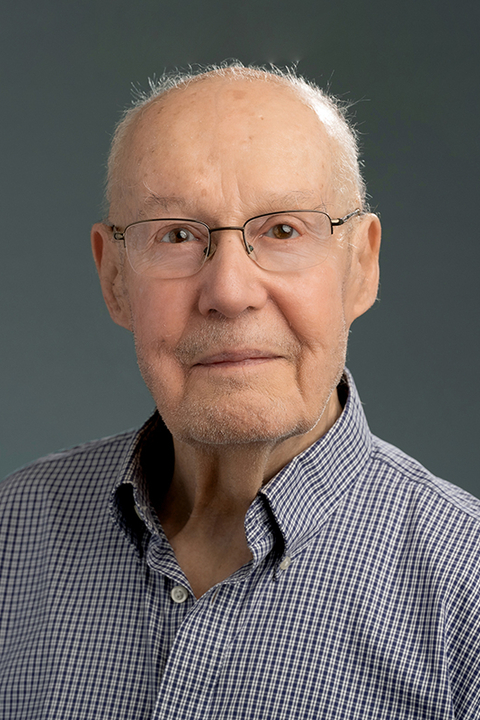Frank Hole, Professor Emeritus, taught at Rice University for seventeen years before coming to Yale in 1980. He has been head of the Anthropology Division of the Yale Peabody Museum, and C. J. MacCurdy Professor of Anthropology. He is a member of the National Academy of Sciences. Over a span of some forty years Hole has traveled and carried out archeological, ethnographic and land use research in the Near East, first in Iran and currently in Syria. His specialty is the history and development of agriculture and animal husbandry. Excavations at Ali Kosh and Chagha Sefid in Deh Luran, Iran provided some of the first substantial evidence for the early stages of agriculture. His study of modern nomadic herders led to the excavation and interpretation of an 8000 year old herders’ camp. In Syria he has carried out a series of reconnaissance surveys and excavations ranging from the Neolithic to the Third Millennium. He has been co-PI on NASA grants to study land use in Southwest Asia. The land use studies have focused on changes in agricultural systems over the thirty year record of satellite images. Combining these with archeological evidence, he is reconstructing a 9000 year history of land use for the Khabur region of northeastern Syria.
Subfield:
Archaeology
Degree(s):
Ph.D. University of Chicago, 1961
